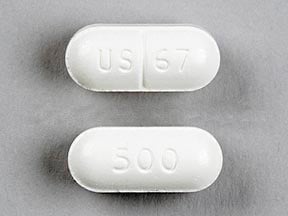
Niacor Coupons & Savings Card – Discount Prices from $5.54
Brand for: Niacin (antihyperlipidemic)
My prescription
Edit
500MG, Niacin (antihyperlipidemic) (30 Tablets)
Select pharmacy

CVS
$337.90
COUPON PRICE
Walgreens
$5.54
COUPON PRICE
Albertsons
$9.79
COUPON PRICE
Walmart
$10.70
COUPON PRICENiacor savings card
Show this card to your pharmacist
Walgreens
$5.54
BIN
ID
PCN
GRP
015995
LHKPY241915
GDC
DR33
Powered by
Related nicotinic acids prescriptions
More prescriptions for high triglycerides
Related nicotinic acids prescriptions
More prescriptions for high triglycerides
Price history for Niacor (brand) & Niacin (antihyperlipidemic) (generic)
30 Tablets, 500MG
Average retail price for Niacor
Average retail price for Niacin (antihyperlipidemic)
Average SaveHealth price for Niacin (antihyperlipidemic)
Our price history data is based on aggregated prescription data collected from participating pharmacies in America. Our prescription data updates daily to reflect the latest price changes. If you notice a missing data point, it means there wasn't sufficient data available to generate a monetary value for that date.
Over the last 12 months, the average discount price of Niacor is $297.87 using the SaveHealth savings card. That's an average savings of 28.82% on Niacor with our discount card.
*Retail prices are based on pharmacy claims data, and may not be accurate when we don't have enough claims.
Niacor (Niacin (antihyperlipidemic)) dosage forms
Dosage Quantity Price from Per unit 500MG 30 Tablets $77.66 $2.59 500MG 60 Tablets $147.81 $2.46 500MG 90 Tablets $217.97 $2.42
| Dosage | Quantity | Price from | Per unit |
|---|---|---|---|
| 500MG | 30 Tablets | $77.66 | $2.59 |
| 500MG | 60 Tablets | $147.81 | $2.46 |
| 500MG | 90 Tablets | $217.97 | $2.42 |
What is Niacor used for?
Niacor is used to help lower cholesterol and triglyceride levels in the blood. It is often prescribed to reduce the risk of heart attack and slow the progression of atherosclerosis in patients with high cholesterol.
Is Niacor the same as niacin?
Yes, Niacor is a brand name for niacin, which is also known as vitamin B3. Niacor is a specific formulation of niacin used to treat certain medical conditions, such as high cholesterol.
What is the generic name for Niacor?
The generic name for Niacor is niacin.
